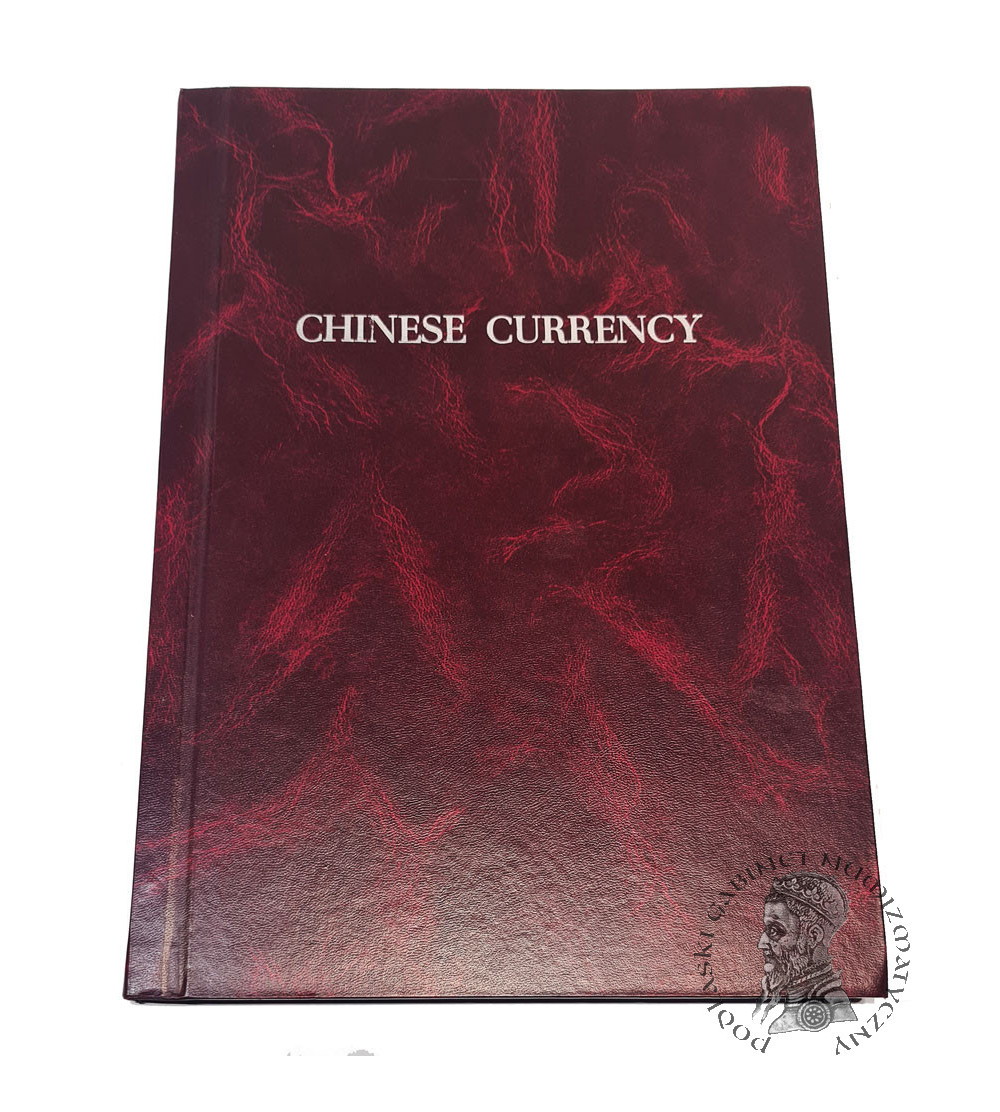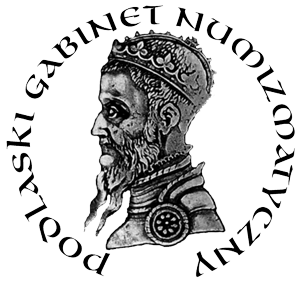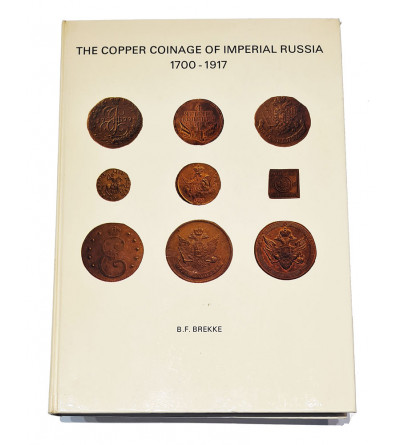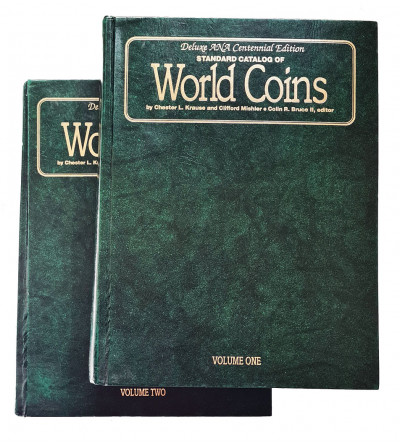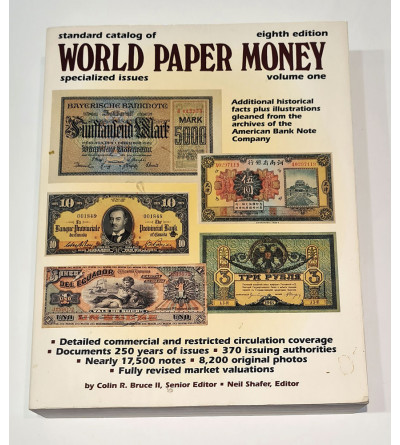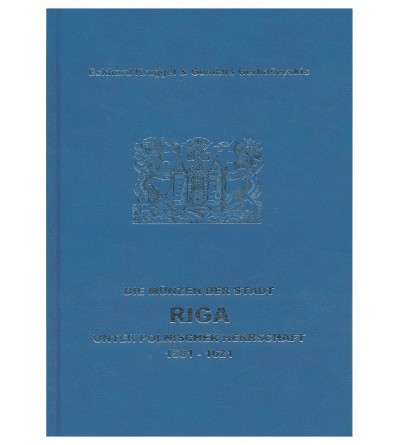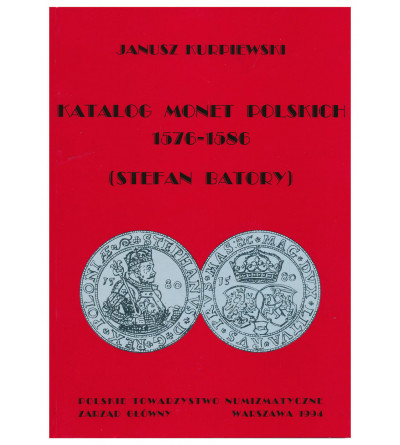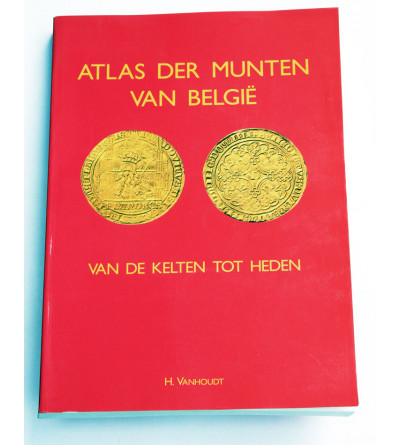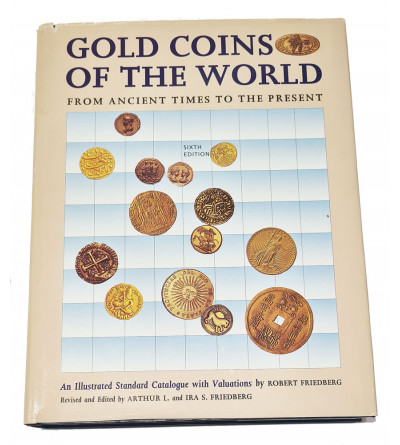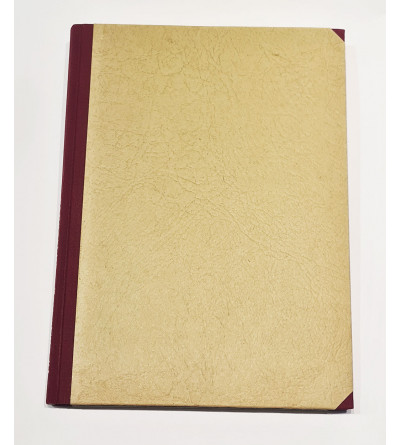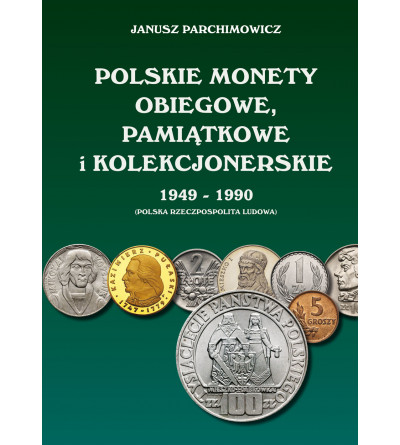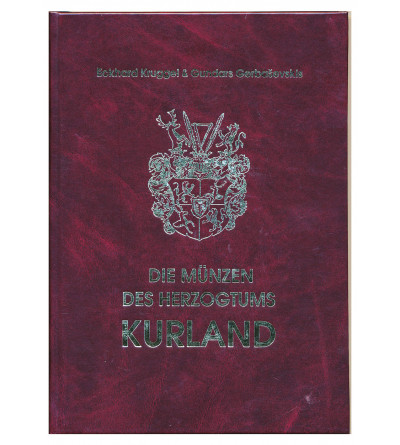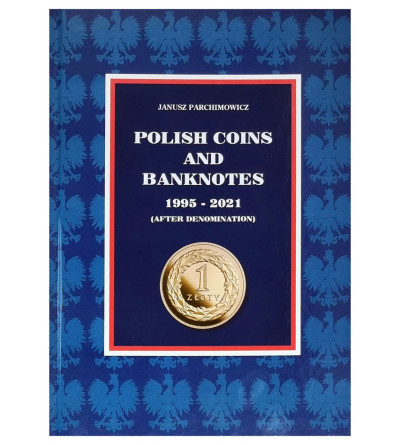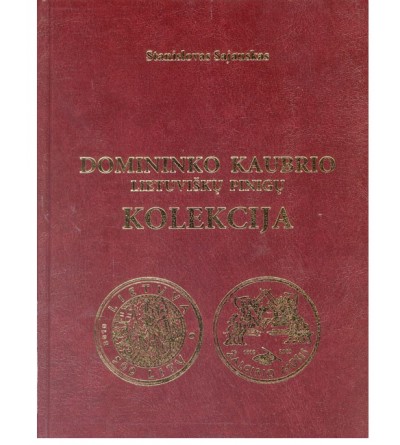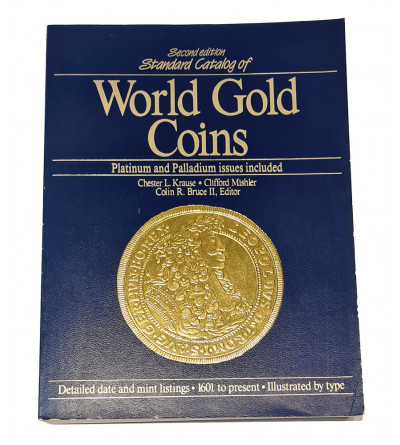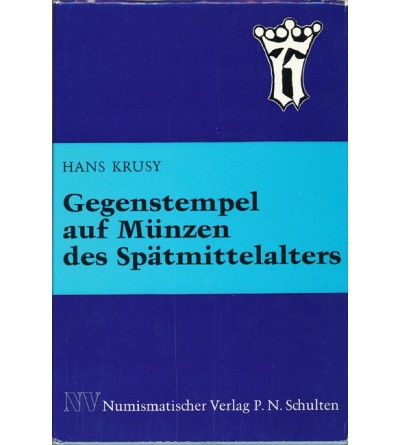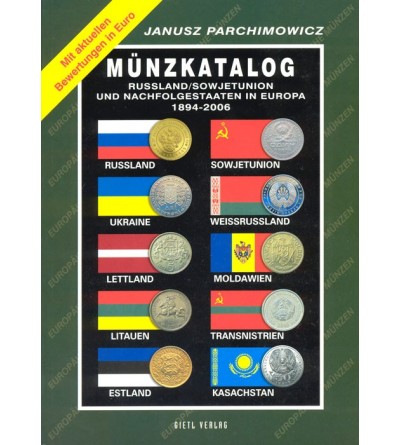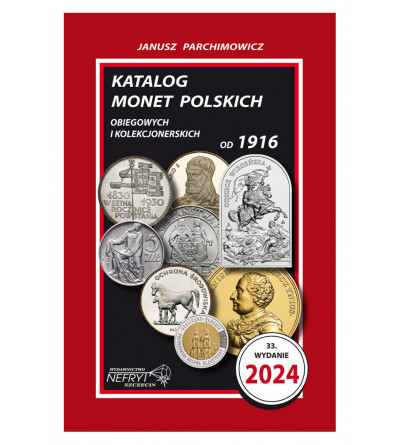Fredrik Schjøth: a customs officer and the first China’s consul in Norway
By Olga Medvedeva
Foreigners who worked in the Chinese Customs Service for considerable long time period and who reached relatively high positions in this institution, gained not only considerable knowledge about China, but also valuable connections both in China and elsewhere, as well as organizational and diplomatic skills. Apparently, the Chinese authorities recognised and appreciated such a valuable human capital. Thus, some of the foreign customs employees became Chinese trustees abroad, and continued their work in China’s service after they came back to their home countries. One of them was Christian Fredrik Wyller Schjøth (Chinese name 余德 Yu De) (1846-1935).
Fredrik Schjøth was one of the first Norwegian customs officers to establish himself in China. He also had the longest among his countrymen career in the service, where he spent 36 years. Fredrik Schjøth was born 1 August 1846 in Kristiania in a merchant family. His father, Erich Theodor Schjøth (1808-1888) migrated to America because of the financial issues as early as in 1854. Similarly to father, migration became a strategy for Fredrik Schjøth. However, he went not to the USA, but to London, where thanks to his uncle’s personal contacts he was recruited in the Chinese customs service that had representative in London.
Fredrik Schjøth came from London to Shanghai in spring of 1868 as a first-class passenger on board of one of the ships, and started his career as a clerk. He was the second Norwegian (the first one was Iver Munthe Daae) who was employed in the prestigious indoor division. He mastered the Chinese language relatively fast, and became one of the best among the foreign customs employees. As a result, as early as in 1875, after only seven years in the service, he was appointed as an officer in charge of the customs station in the port of Shantou, and had about 50 employees in subjection. In 1893, Schjøth was awarded with the third civil rank in the Chinese traditional bureaucratic hierarchy. It was the third rank from the top in the nine-rank traditional bureaucratic system. In 1896, after 28 years in the service he became a full Commissioner in the revenue department, which was the highest position on the level of the customs station. Commissioners, as well as foreign consuls, the heads of big trading houses and local Chinese officials, were among the most influential people in the treaty ports.
Fredrik Schjøth resigned from the service in the age of 57. Apparently, he was still full of energy, and fate gave him a chance to continue the China’s service in his home country. After his successful participation in the reception of the Chinese state delegation in Norway in 1906, he was appointed by the Chinese government as the first Honourable Consul General for China in Kristiania, and held this position until 1921. in 1906 he was awarded with the Order of Double Dragon (the 3rd class, 2nd grade), and the Order of of the Golden Grain (Order of Chiao Ho), the 3rd class (in 1917).
Fredrik Schjøth died 6 January 1935 in Oslo.
source: norwegiansinchinacustoms.wordpress.com
